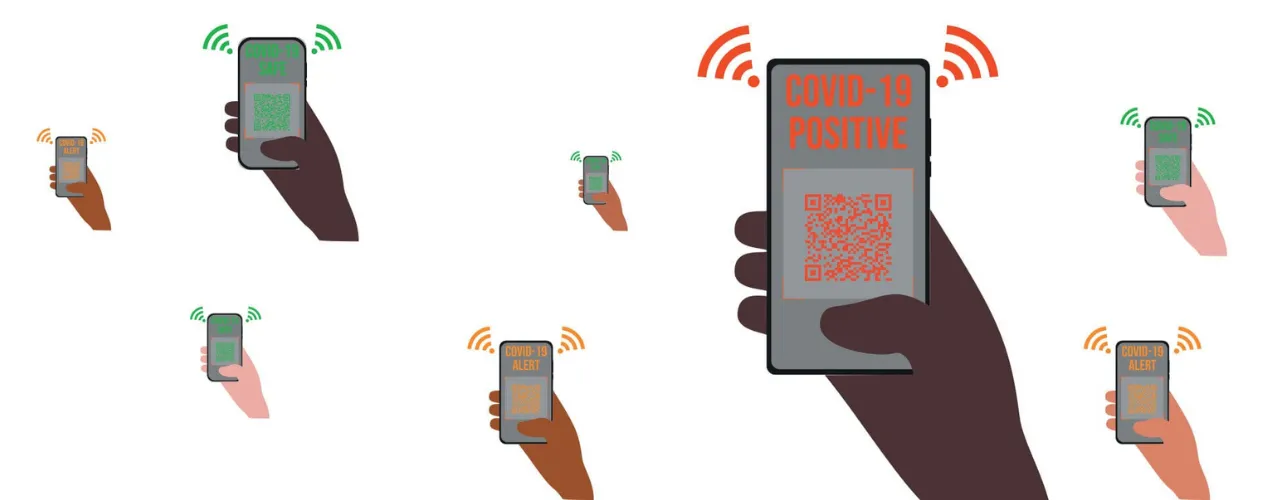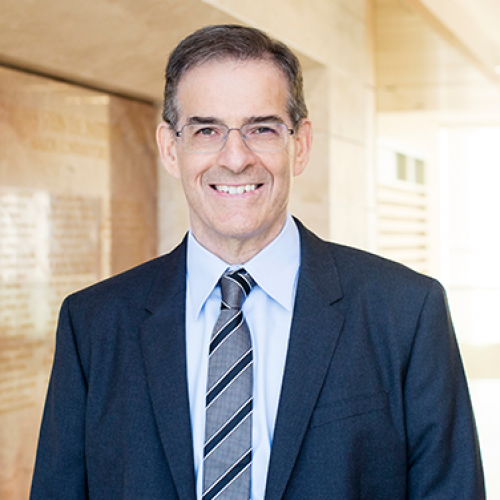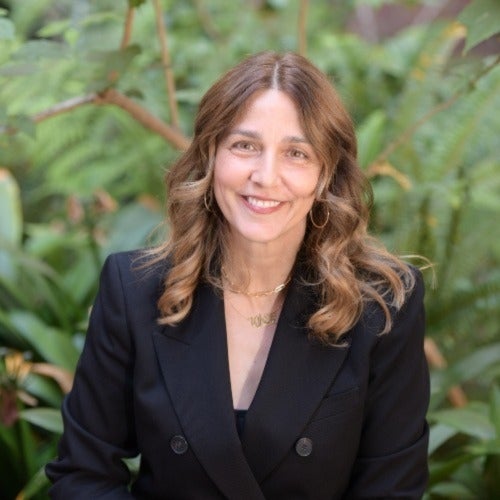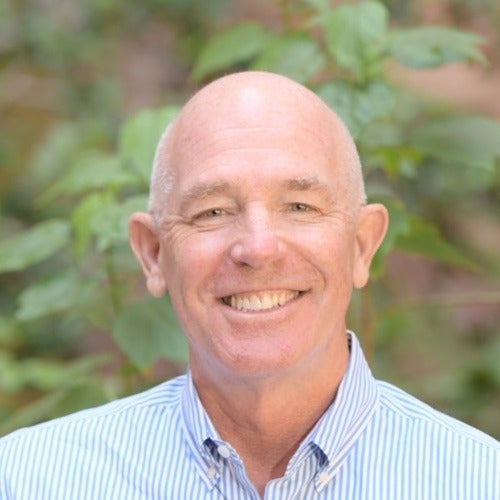Workforce in Progress
Through the training of COVID-19 contact tracers and case investigators, the Fielding School is helping to prepare thousands of individuals who will meet a critical need in reducing the virus' spread.

AS CALIFORNIA PREPARED TO EASE RESTRICTIONS and emerge as safely as possible from shelter-in-place orders imposed early in the COVID-19 pandemic, one of the major unmet needs was for more personnel trained to perform the tasks fundamental to infectious disease control, including contact tracing, case investigation, and administration. To effectively relax California’s stay-at-home orders, it was estimated that 10,000 to 20,000 new contact tracers and case investigators would need to be trained — individuals to help to ensure that, as newly infected people are identified, their close contacts are traced and quarantined to reduce the spread of COVID-19 and prevent major outbreaks.
The Fielding School is helping to meet this critical need through its role in the California Connected COVID-19 Virtual Training Academy, co-led by the California Department of Public Health (CADPH), UCLA, and UC San Francisco (UCSF), which is training thousands of individuals in multiple counties throughout the state. The comprehensive pandemic response training program at UCLA is being managed through a strong partnership between FSPH and UCLA Extension, and involves faculty and staff from both campus units. Approximately 35 FSPH students and recent graduates have been hired to serve as training facilitators, including in such key roles as program coordinator and training manager.
“The threat of COVID-19 remains high. If we want to safely begin reopening our society, we need to have certain public health measures in place, including a significant increase in our ability to trace new infections,” says Ron Brookmeyer, dean of the Fielding School. “This large-scale training program with our colleagues here at UCLA, and at UCSF and the CADPH, will allow us to begin that effort to expand and strengthen our public health workforce.” Alina Dorian, FSPH associate dean for public health practice and for equity, diversity, and inclusion, is leading the team with Michael Prelip, professor and chair of FSPH’s Department of Community Health Sciences, and Eric A. Bullard, dean of continuing education and UCLA Extension.
The training academy is a central part of California Connected, the state’s contact tracing program and public awareness campaign, which aims to ensure that trained individuals are working with people who test positive for COVID-19 and their close contacts to secure access to confidential testing, health care, and other services designed to prevent the virus’ spread.
“We are all eager to get back to work and play, and that’s why we’re asking Californians to answer the call when they see their local public health department reaching out by phone, email, or text,” Gov. Gavin Newsom stated in a news release announcing California Connected’s launch May 22. “That simple action of answering the call could save lives and help keep our families and communities healthy.”
UCLA’s comprehensive multi-day training program started in May, with an initial cohort that included approximately 550 current public employees with applicable skills, such as language abilities and up-to-date background checks.
Offered free of charge, the COVID-19 Virtual Training Academy takes participants through the basics of public health and epidemiology, along with the specifics of case investigation and contact tracing. Trainees learn about cultural sensitivity and confidentiality, as well as interviewing skills and working with diverse populations. The program features state-of-the-art, high-quality e-learning modules, along with skills-building role-plays, observation, and feedback.
Recent Fielding School graduates and MPH students entering their second year of the program have played a key role as hands-on training facilitators. “This is a great opportunity for our current students and new alumni to put their FSPH education into practice by contributing in a meaningful way to this once-in-a-lifetime public health response as we quickly ramp up to handle this emergency,” Prelip says. Adds Dorian: “These students and alumni are bringing in the expertise they have obtained through their lived experiences in their own communities and applying that to this training program in a way that adds significant value.” In addition, FSPH students and recent graduates have been hired to join the UCLA campus contact tracing team, an effort Dorian and Prelip are helping to facilitate.
Dorian notes that the skills necessary for contact tracing are well known, and that the techniques have been employed successfully in public health campaigns for decades. “We regularly use contact tracing to contain communicable diseases, and we scale it up during outbreaks,” says Dorian, an expert in disaster relief, health education, and health systems management who has led emergency response teams in Kosovo, Haiti, and Peru. “We use it for tuberculosis, sexually transmitted infections, and measles. It’s a public health measure that is tried and true.”
One of the major challenges for contact tracers will be to prevail upon asymptomatic individuals who have come into contact with someone who tested positive for COVID-19 of the importance of quarantining for 14 days. “These contact tracers will need to become trusted forces, for the benefit of all of us as we seek to mitigate the spread of this virus,” Dorian says. “Success in training this new workforce of contact tracers can go a long way toward moving us closer to pre-COVID levels of normalcy.”
Prelip, whose experience also includes disaster and emergency preparedness, has used training techniques in his work that are similar to what is being employed in the COVID-19 Virtual Training Academy. He agrees with Dorian that a strong system of testing, tracing, and investigation makes it easier to reduce restrictions that have been imposed to mitigate the spread of the novel coronavirus.
Prelip and Dorian expect the training program to continue throughout 2020, and possibly well into 2021. “This isn’t going to be one round of training — we are going to need to train large numbers of people over time and adjust as conditions and factors change,” Prelip says. “There is a tremendous amount of work that lies ahead, but this is the responsible path forward.”


